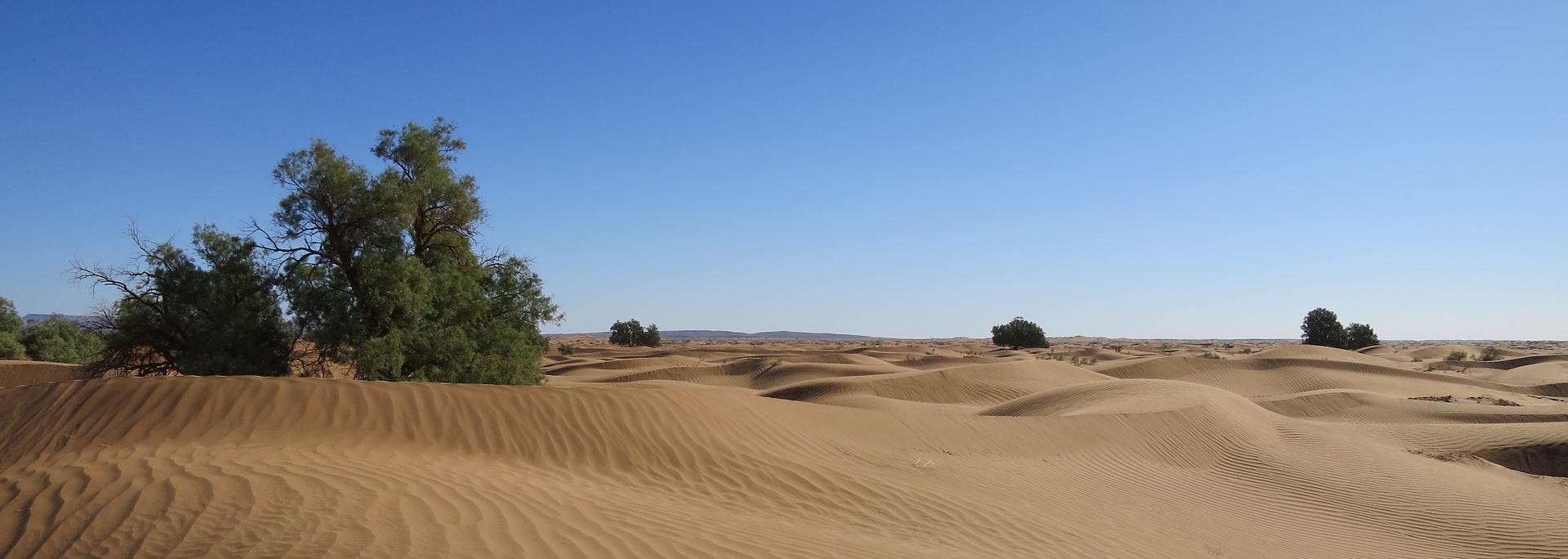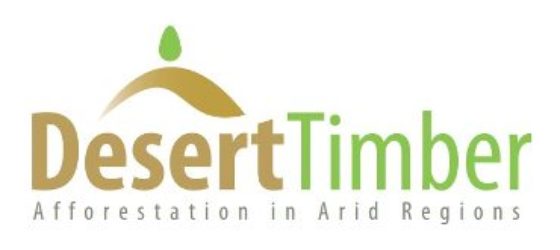Our new project in Morocco

Our Moroccan project consists of creating an agro-ecosystem as a new oasis in an area of 1,000 hectares. The goal is to develop a fully organic and inclusive business production system with the objective to produce premium-quality dates from the Majhool variety. The palm tree is the symbol of fertility and wealth, it offers several uses for oasis farmers such as handicrafts, fight against silting, timber, the construction of ceilings of homes and cattle feed. With 15 million date palms in the 19th century, Morocco was ranked the third largest producer of dates worldwide. Morocco lost a third of its oases in a century because of the Bayoud disease. By bringing back the date cultivation, Desert Timber will generate wealth to create areas that are attractive to people, all the while preserving natural heritage through a rational use of resources and preserving biodiversity.
The date palm (Phoenix dactylifera L) is a major fruit crop in desert oases especially in the Arabian Peninsula, the Middle East and North Africa regions. In Morocco, it has historically been connected with sustaining human life and tradition of the people as major agricultural crop.
The date palm is a high revenue-generating crop, and the consumption is no longer restricted to the Middle Eastern countries. Moreover, it plays a significant role in improving the living standards of workers and contributes to achieving a sustainable agricultural development. Because of its high nutritional value, productivity and long yield life (100 years), the date palm was referred to as the “tree of life” in the Bible.
Oases are the most vulnerable ecosystems to climate change, according to the UN intergovernmental panel on climate change, and their disappearance comes at a heavy environmental, economic, social and cultural cost. The date palm is the dominant component on which the sustainable biophysical and socio-economic structures of the oases ecosystem are based. It is the only indigenous wild desert plant definitely domesticated in its native harsh environment.
Please contact the Desert Timber team for more information.
